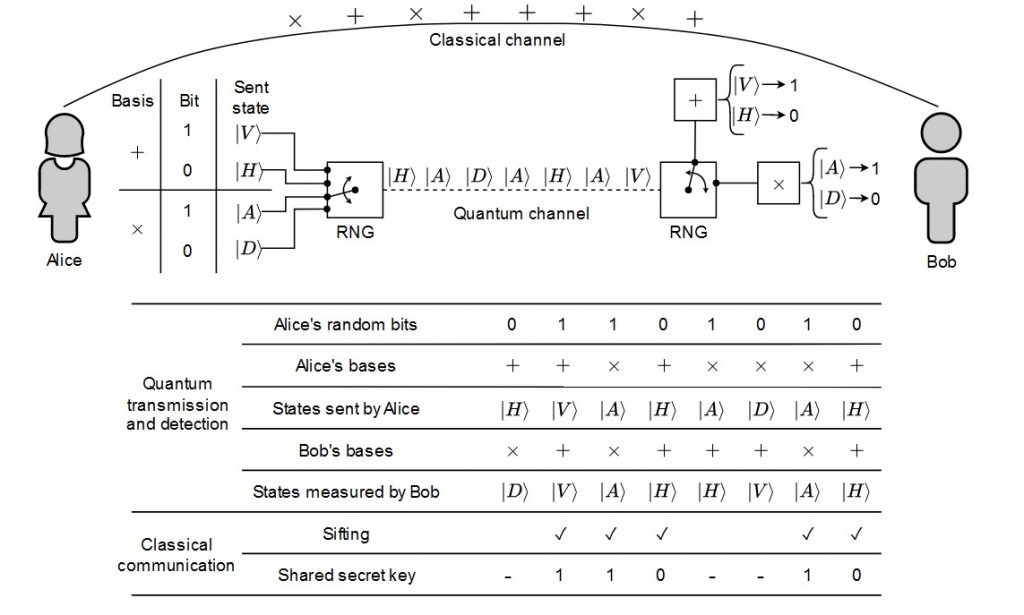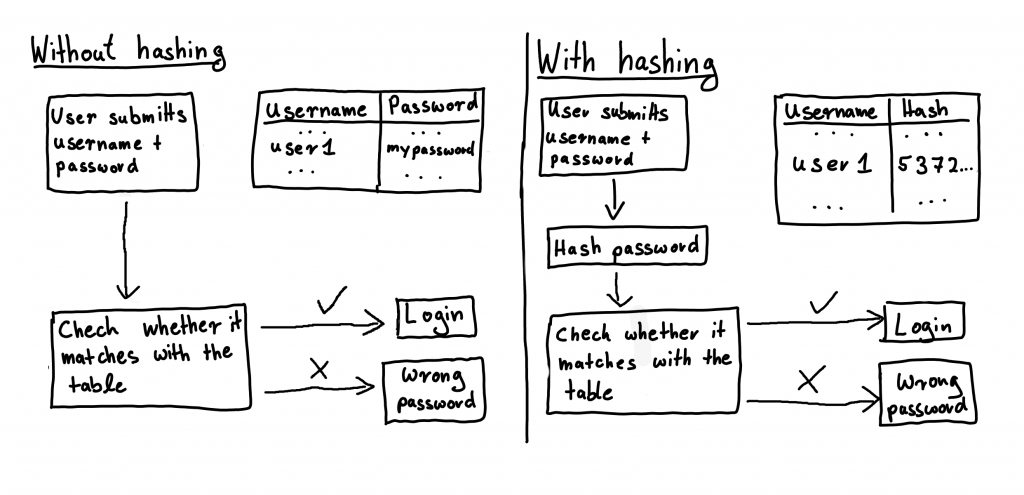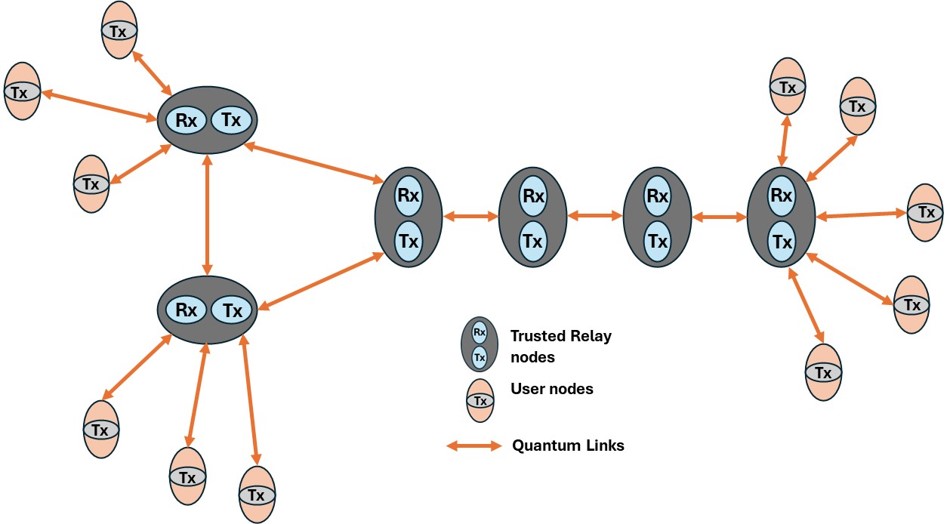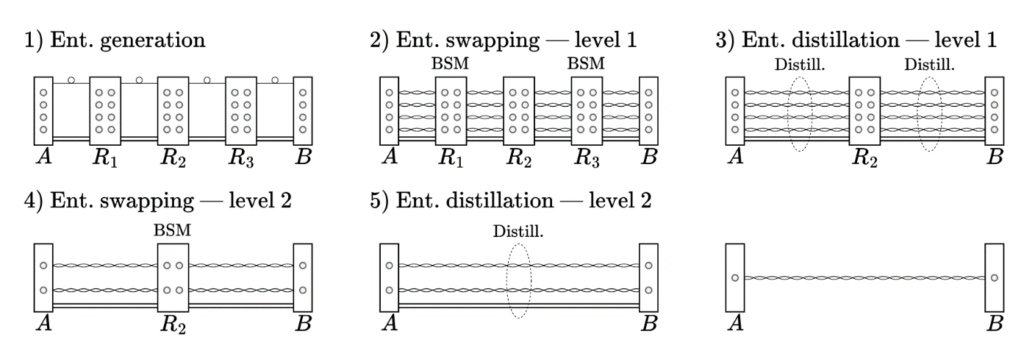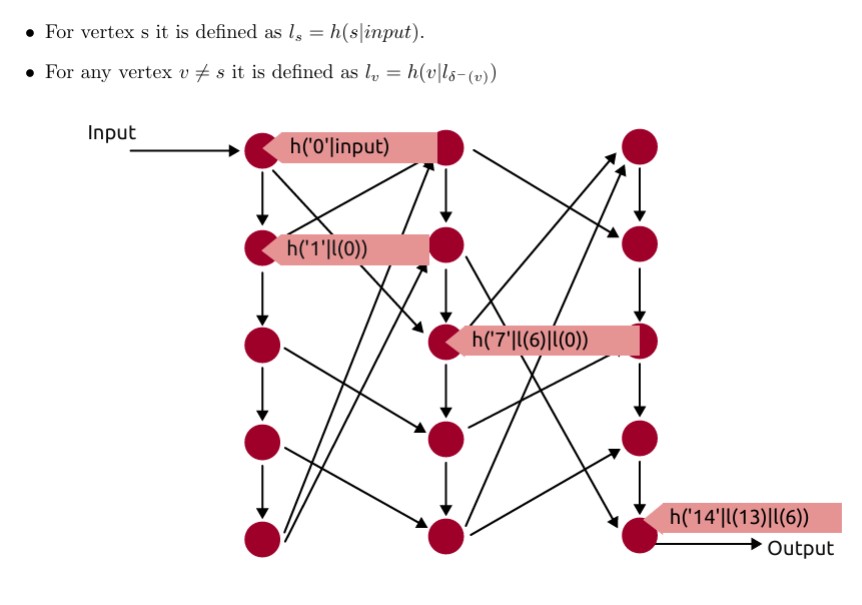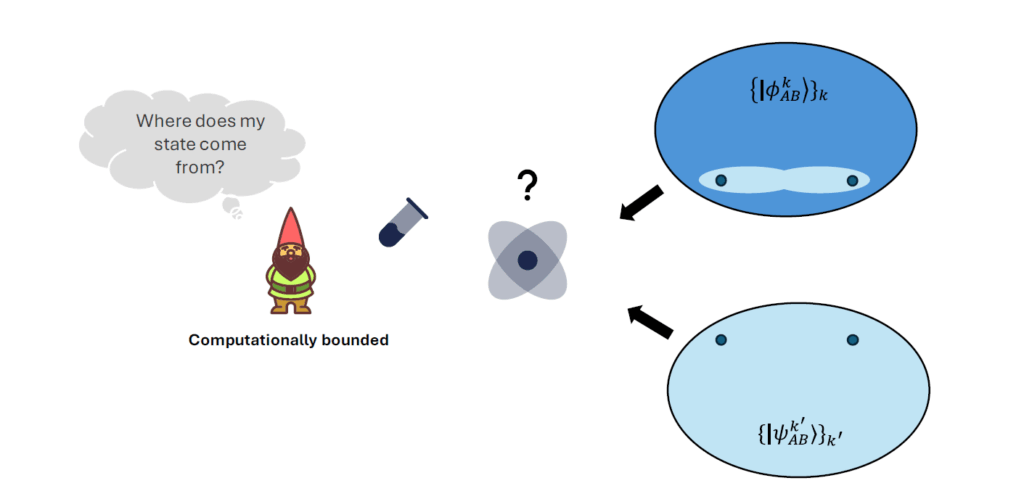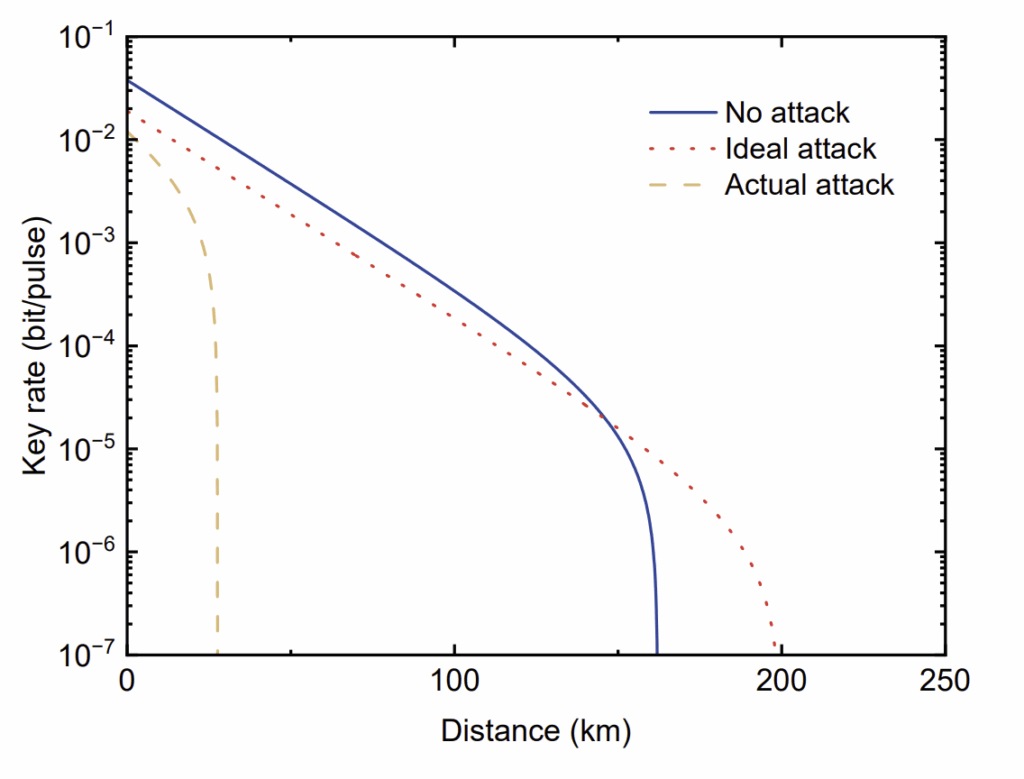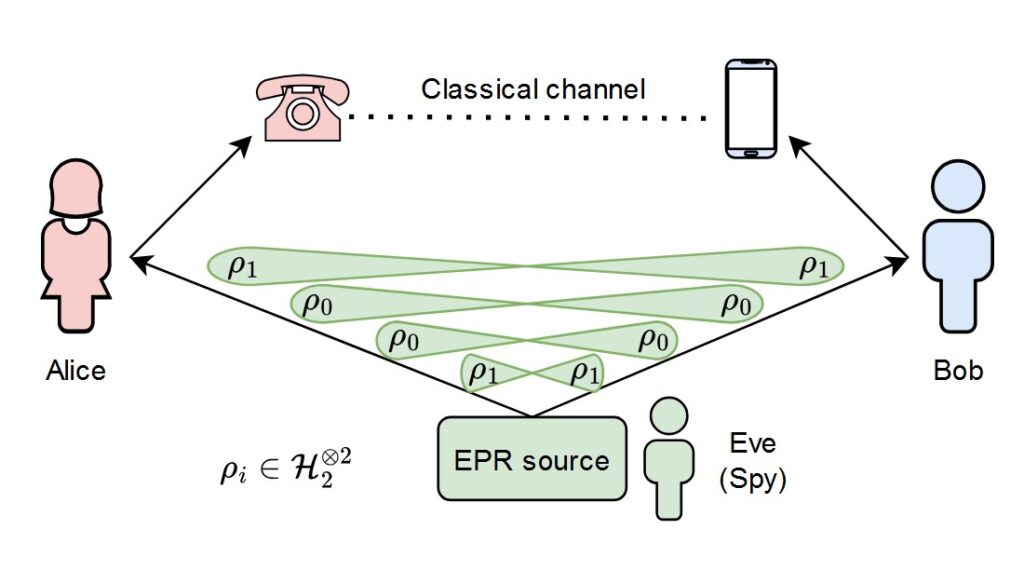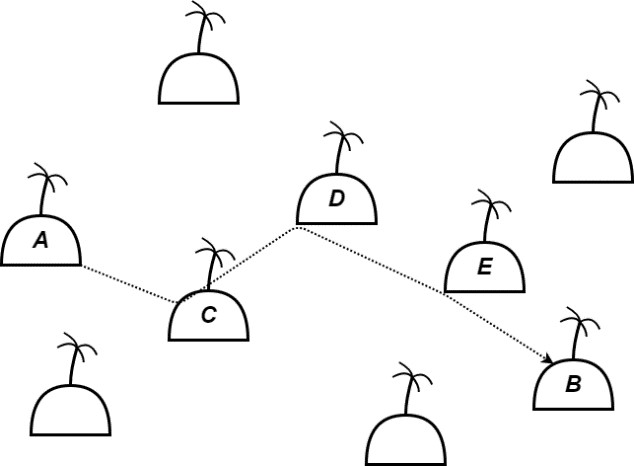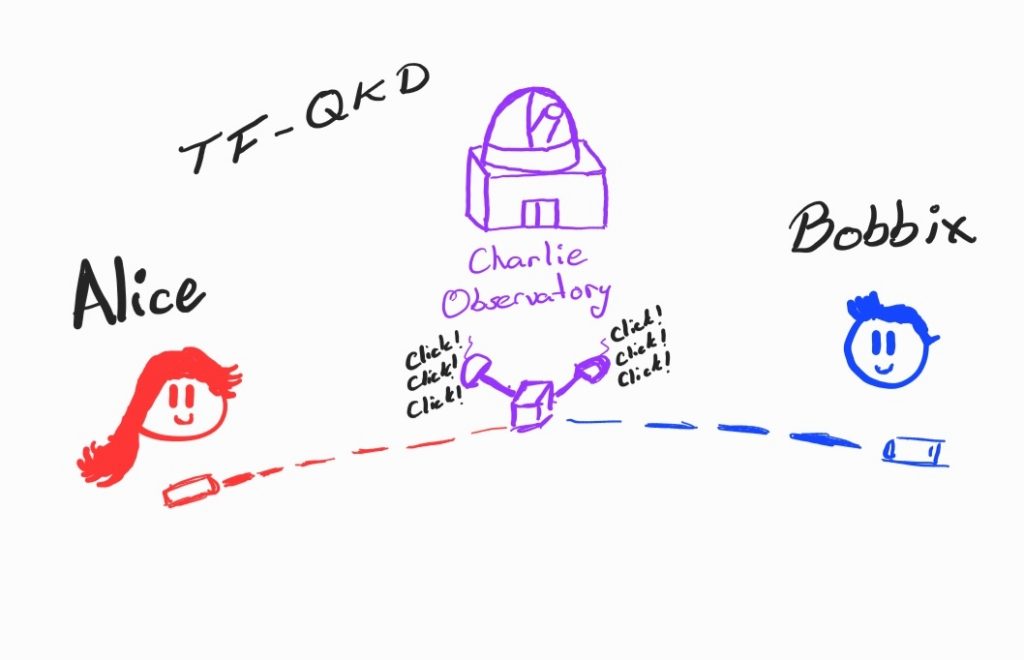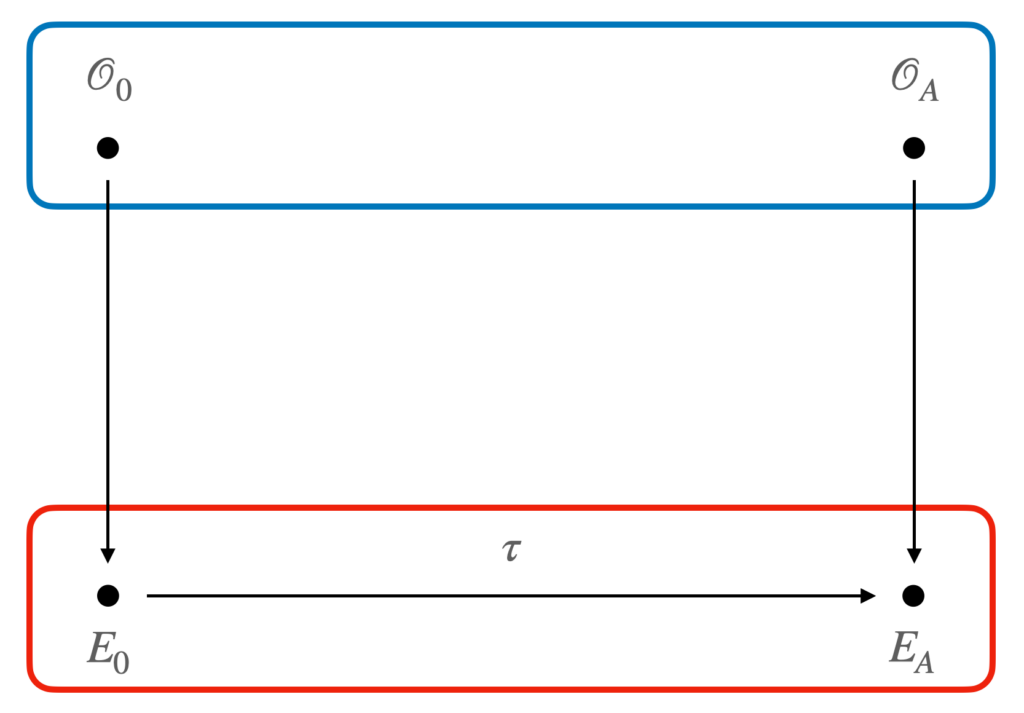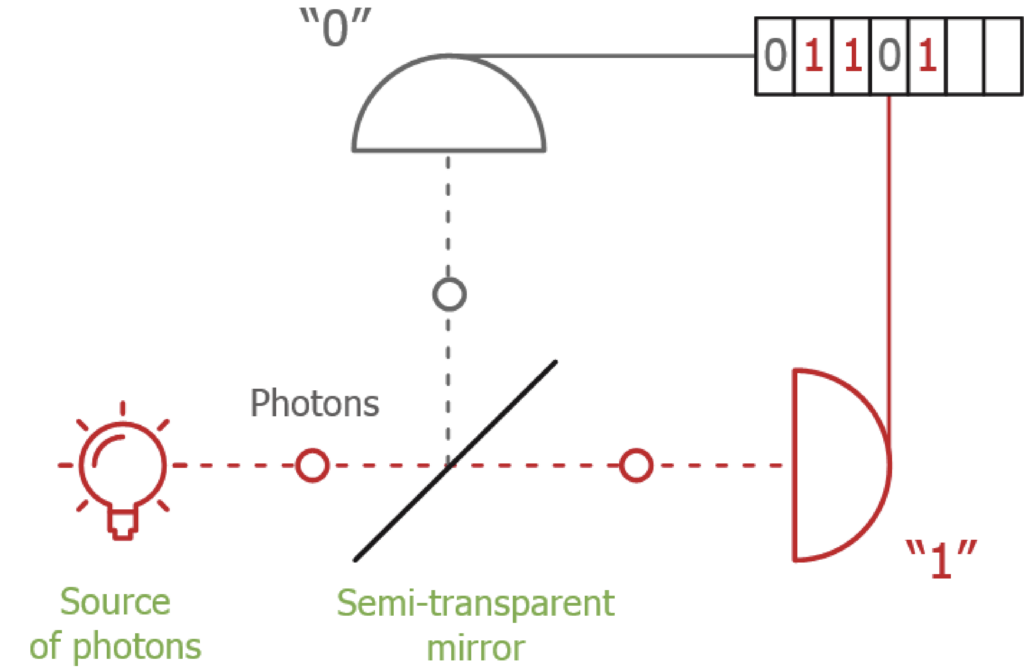
STORY OF THE MONTH
The Boring Sabotage
 Mar 2025
Mar 2025  Sergio Juárez
Sergio Juárez
I can’t believe it’s come to this. Eight years in the army, countless hours of training, and now I’m stuck on the most boring sabotage mission in history. They say this operation will cripple our enemy, bring them to their knees. But honestly? It’s just boring. We’re always safe. We always know exactly where to strike. Our casualties are minimal, and as long as we don’t royally screw up, everything is just… easy.
The rhythmic clatter of train wheels echoes in the distance as we stand by the railway, waiting. The sky is dark, the air thick with the smell of oil and rust. This stretch of track runs dangerously close to a critical bridge, a weak point in the enemy’s supply network. We know it was neglected in repairs for decades and should be easy to collapse. We’re about to make sure it comes down at exactly the right moment. A few cargo trains rumble past, carrying supplies for the enemy’s war effort—goods that will never reach their destination if we succeed tonight.
I turn to the commander, trying to pass the time.
“Hey, Commander. How did we know about this spot with such precision? Come on, tell me the truth. Do we have a spy inside their highest ranks?”
The commander laughs, shaking his head. “Hah! A spy? Don’t be ridiculous. We don’t need spies for this. They handed us all their secrets almost willingly.”
“That makes no sense. No one is that gullible.”
“Oh, but they were.” His smirk widens. “See, about a hundred years ago, they used to send their information through open channels. Of course, it was encrypted—scrambled with some code based on prime numbers or something like that. But we all knew, them and us. We knew that eventually, with better computers, we’d be able to crack it. So we did the simplest thing: we collected it all. Stored it away. And now, with modern machines, it’s like reading an open book.”
That sounds like a bunch of lies. No one is that dumb. “That’s insane. If they knew it was eventually going to be broken, why keep using it?”
“Oh, they either didn’t see—or chose to ignore—the immediate risk of sticking with outdated encryption for their day-to-day messages. Of course, they didn’t use it for everything, but piece by piece, over decades, they fed us all the information we needed. And infrastructure? It doesn’t change that fast over a hundred years. Bridges? Even less so. At most, they get reinforced and patched up—but not this one. Instead of fixing it, they just built on top of it, stacking new infrastructure over old weaknesses.”
I shake my head in disbelief. “And yet, we were safe from this? How?”
“Because we did the sensible thing and switched to the system we have now—the post-QKD encryption or whatever it’s called. One of those fancy names scientists from the 21st century loved to use.”
“Wait, so there was a solution back then, and they didn’t use it?”
The commander laughs. “Exactly! Can you believe it? They had a solution but found it too bothersome to switch. They didn’t learn anything from the Enigma machine. History rhymes, doesn’t it? And thanks to their laziness, we’re winning this ‘war’ without even needing to fight properly. It’s like reading their minds.”
I exhale slowly. “So it all comes back to ‘it’s not a priority right now,’ huh?”
A crackle in my earpiece pulls me back to reality. “We’re in position. Charges set. Awaiting final confirmation.”
The commander nods. “Yeah, and that bridge is just the beginning. We’ve got plenty more to bring down with this so-called ‘not important enough’ information.”
He checks his watch. “Let’s move. We need to be clear before detonation.”
We step down the embankment, staying in the shadows. The charges are placed at key structural points, just as our intel predicted. The bridge looks sturdy, but we know better. A few well-placed explosives will turn it into rubble.
The commander pulls out a small detonator, his thumb hovering over the trigger. “This won’t take long. Once it’s down, they’ll be scrambling for weeks.”
He turns to me. “But enough talk. Let’s get it done.”
OTHER STORIES
